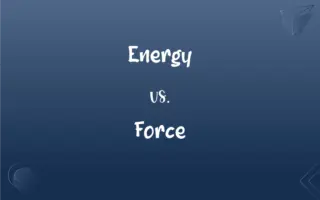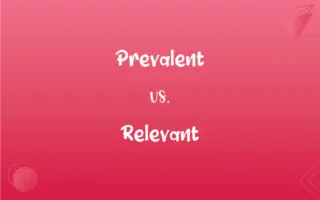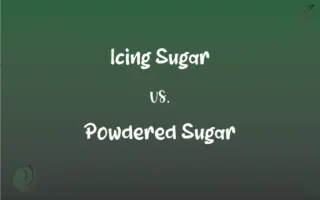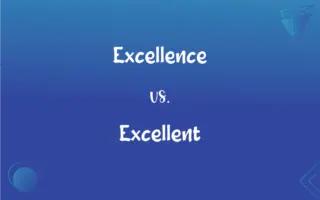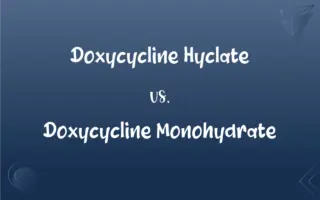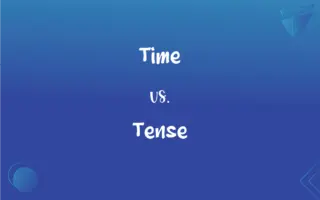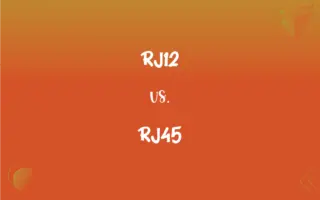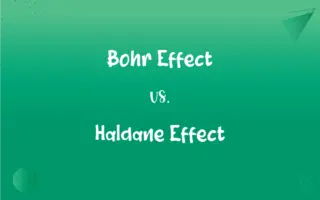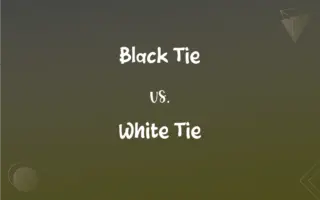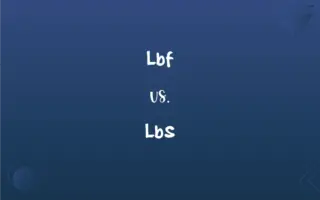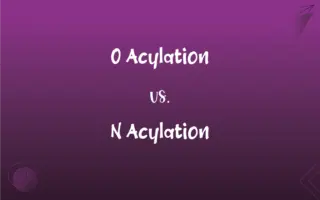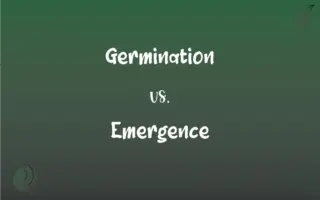Physiology vs. Psychology: What's the Difference?
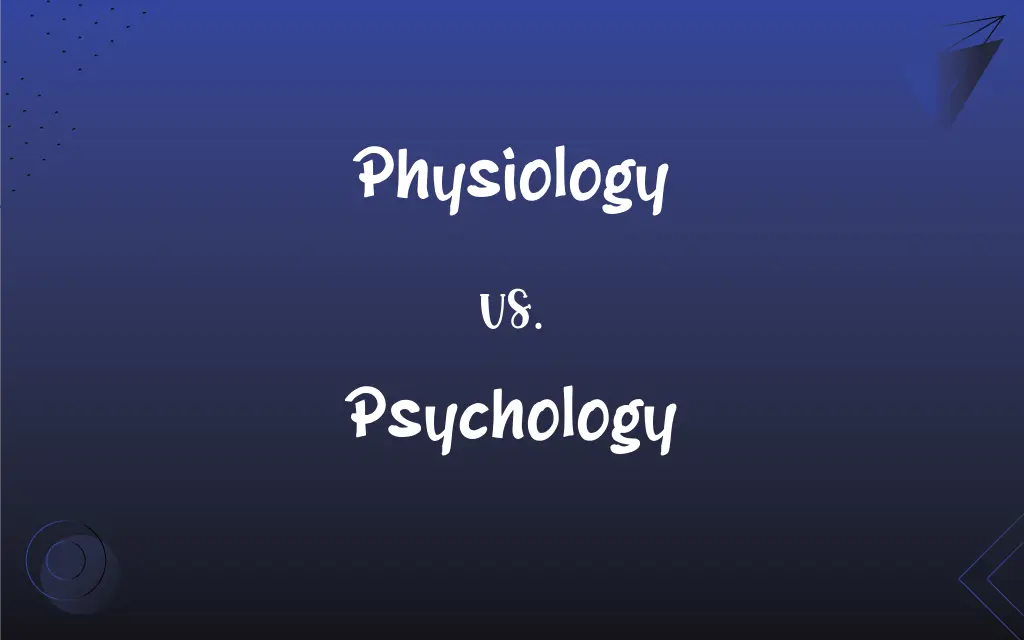
Physiology and Psychology Definitions
Physiology
The biological study of the functions of living organisms and their parts.
Psychology
The science that deals with mental processes and behavior.
Physiology
All the functions of a living organism or any of its parts.
Psychology
The emotional and behavioral characteristics of an individual, a group, or those engaged in a given activity
The psychology of war.
Physiology
A branch of biology that deals with the functions and activities of life or of living matter (as organs, tissues, or cells) and of the physical and chemical phenomena involved.
ADVERTISEMENT
Psychology
Subtle tactical action or argument used to manipulate or influence another
He used poor psychology on his employer when trying to make the point.
Physiology
(obsolete) The study and description of natural objects; natural science.
Psychology
(Philosophy) The branch of metaphysics that studies the soul, the mind, and the relationship of life and mind to the functions of the body.
Physiology
The science which treats of the phenomena of living organisms; the study of the processes incidental to, and characteristic of, life.
Psychology
(uncountable) The study of the human mind.
ADVERTISEMENT
Physiology
A treatise on physiology.
Psychology
(uncountable) The study of human or animal behavior.
Physiology
The branch of the biological sciences dealing with the functioning of organisms
Psychology
The study of the soul.
Physiology
Processes and functions of an organism
Psychology
(countable) The mental, emotional, and behavioral characteristics pertaining to a specified person, group, or activity.
Psychology
The science of the human soul; specifically, the systematic or scientific knowledge of the powers and functions of the human soul, so far as they are known by consciousness; a treatise on the human soul.
Psychology, the science conversant about the phenomena of the mind, or conscious subject, or self.
Psychology
The science of mental life









